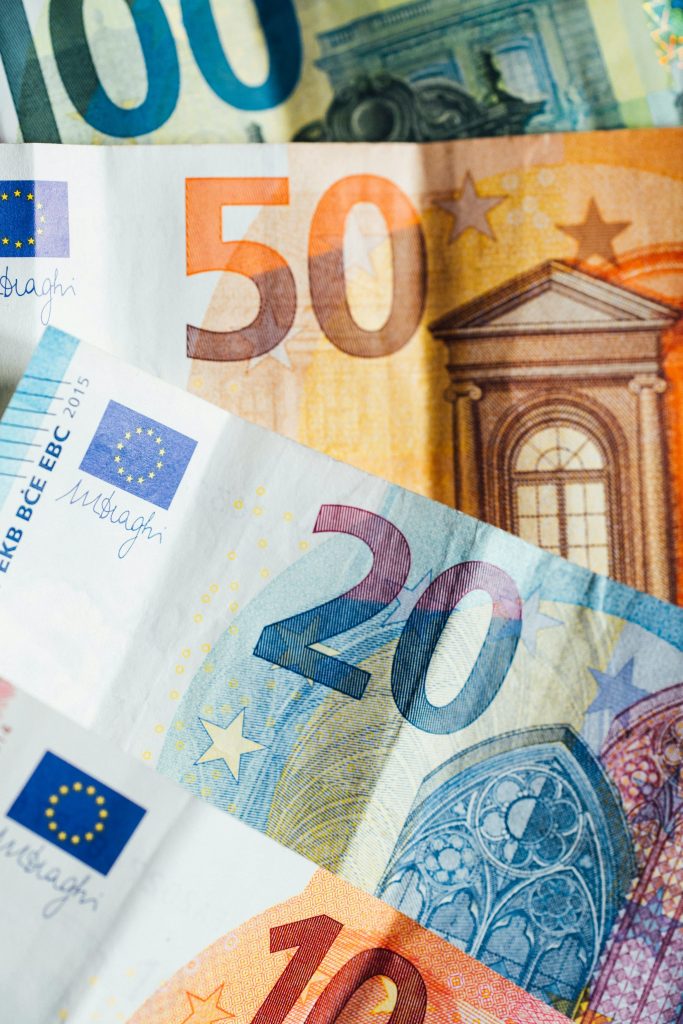The “added value” in EU budgetary debates: one concept, four meanings

The term ‘added value’ is a centrepiece in contemporary debates on the reform of the EU budget. Both at the academic and the political level, calls are being made to revise EU spending on the basis of added value considerations. Yet, as pointed out by many observers, the notion of added value lacks conceptual clarity.
An analysis of official documents and the academic literature on the EU budget reveals the existence of at least four different ways of using added value: first, to refer to the additional gains of acting at the EU level vis-à-vis the national level; second, to refer to the benefits derived from good management and implementation; third, to refer to the opportunity costs of spending in one area vis-à-vis other areas of intervention; and finally, to refer to the positive sideeffects stemming from public interventions at the EU level (such as their contribution to other Union’s objectives or its positive impact on subnational levels of governance).
This Policy Brief describes these different notions of added value. It provides illustration of how they are used in current the EU budget debates, discusses the theoretical assumptions in which they are grounded and analyses the practical implications and difficulties of using them as operational criteria to assess EU spending proposals and programs. Drawing from this analysis, it concludes with some reflections on the use of ‘added value’ in the forthcoming EU budgetary negotiations.




